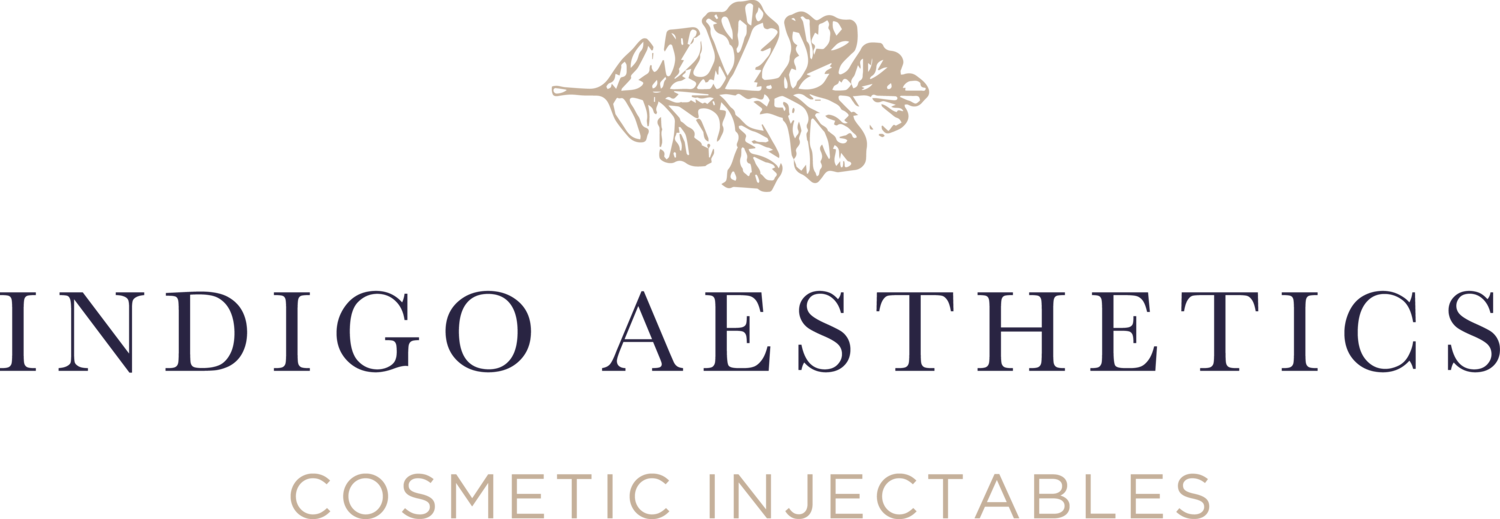
Dermal Filler
Dermal Filler
Dermal filler injections may be used in many areas of the face to fill and smooth lines, wrinkles, deep folds and to improve the appearance of scars. They may also be used to restore and enhance the youthful curves of the face by adding volume to cheeks and lips and defining the natural contours of the jaw, chin and other areas.
Results are visible immediately and optimal in one to two weeks. They last six to twelve months, depending on the area treated and the product prescribed. The dermal filler will gradually and naturally degrade in the body. Regular treatments will help to maintain results.
Prior to your first treatment, our doctor will consult with you to assess your suitability for dermal filler and discuss any concerns or questions you may have. The procedure involves a small amount of the prescribed product being administered into the selected areas using a very fine needle, or in some instances, a cannula. The injections may sting for a few seconds, and in some instances a numbing agent will be used.
Questions before getting started?
Preparation:
Avoid blood-thinning and anti-inflammatory medication (e.g. aspirin ibuprofen, fish oil, and St John’s wort) one week prior.
Post treatment care
Keep the injection site clean
Take anti-histamines as required to reduce swelling
Apply a cool compress to the site for ten minutes every hour, on the day of treatment but do not apply ice
Avoid facial treatments immediately after treatment
Avoid excessive pressure or any ‘facing-down’ (e.g. massage) treatments for 24 hours
Avoid excessive exercise and exposure to heat for the first 24 hours
Avoid lipsticks, AHA, retinols, vitamin C or oil-based makeup for 24 hours
Avoid saunas for two weeks
Avoid long-haul flights for four weeks
You may experience:
Redness in the treatment area which is usually resolved within 24 hours
Swelling in the treatment area which is usually resolved within three to seven days
Bruising, which is usually resolved in seven to ten days
Tenderness to touch, which is usually resolved in two to five days improving with timeLocalised pain, mild to moderate, usually resolved in two to five days improving with time
Advise your clinician if you:
Are taking blood thinners
Using ibuprofen
Had recent minor dental work (e.g. scale and clean)
Have a long-haul flight booked within the next two weeks
Have an auto-immune condition
These treatments are not suitable for anyone who:
Is hypersensitive to ingredients including hyaluronic acid, lidocaine, amide-type local anaesthetics and strep type-A gram-positive bacterial proteins, currently has an active skin infection, cold sores, sunburn, eczema, psoriasis or a healing wound, currently has concurrent febrile status (e.g. flu, cold, sinusitis),has had major dental work in the past four weeks, or scheduled in the next four weeks, has a history of hypertrophic scarring, is pregnant or breastfeeding, is under 18 years of age, has had a rhinoplasty. In this instance, the client will need written authorisation from their treating surgeon
If you are unsure, contact our clinic.
To ensure that you are happy and that optimal results are achieved, it is recommended that you attend a review appointment and assessment after two weeks. Your health and well-being is our priority. If you are concerned about any aspect of your treatment, or if you become unwell – contact us immediately.
Please note:
Dermal filler injections contain hyaluronic acid (HA) – a naturally occurring substance in the skin that stabilises structure, attracts and binds water, and improves elasticity. HA fills the space of volume loss and stimulates skin cell renewal. Common facial areas which are treated with dermal filler injections include the cheeks, lips, chin, jowls, jawline, temples and tear troughs as well as the neck, décolletage and hands.

